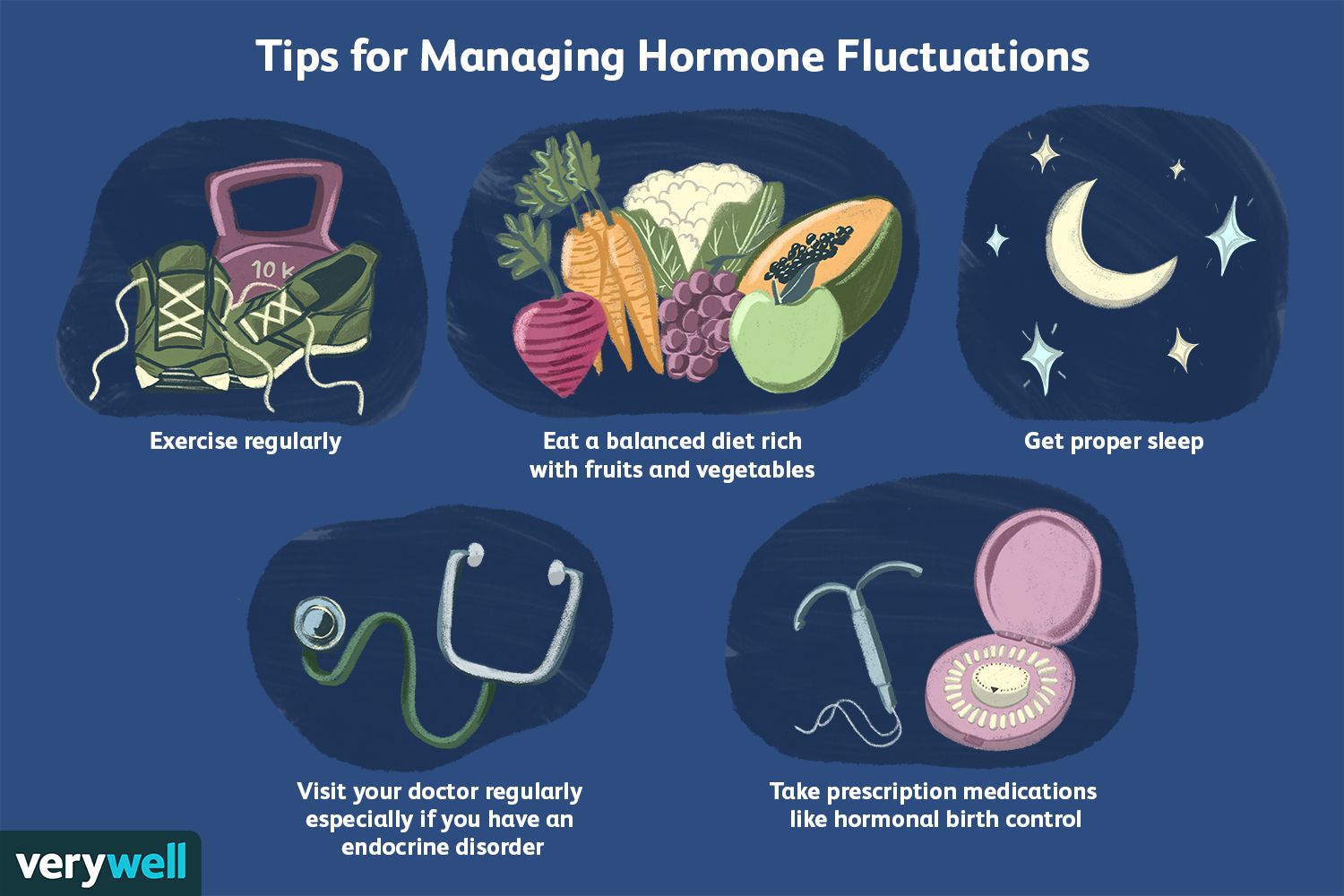Hormonal balance is a critical aspect of maintaining overall health and well-being, influenced significantly by various lifestyle factors. This article expands on these factors, offering insights into how they affect hormonal balance. The importance of these factors is particularly highlighted when considering specialized treatments like Hormone therapy Beverly Hills.
Nutritional Intake
A balanced diet is pivotal in hormonal health. Any foods high in sugar and unhealthy fats can cause inflammation and hormonal disruptions. On the other hand, a diet that includes a variety of nutrients supports hormonal function. Essential fatty acids, particularly Omega-3s, are vital for producing hormones. If you want to boost your intake of fatty acids, consider incorporating foods such as salmon, chia seeds, and walnuts into your diet. These foods are particularly rich in these beneficial fats. Antioxidants, found abundantly in fruits and vegetables, protect the body’s cells, including those that produce hormones. Incorporating whole grains, lean proteins, and a variety of vegetables can create a foundation for hormonal balance.
Physical Activity
Exercise influences hormones in multiple ways. It helps lower insulin resistance, which is crucial for maintaining balanced blood sugar levels and preventing diabetes. Regular physical activity also influences the release of hormones like endorphins and serotonin, which are crucial for mood regulation and overall well-being. Different exercises, such as cardio, strength training, and flexibility, contribute differently to hormonal health, suggesting the importance of a varied fitness routine.
Stress Management
Stress can cause prolonged elevation of cortisol, the body’s primary stress hormone. This can disrupt other hormonal processes, such as the production of reproductive hormones, leading to issues like irregular menstrual cycles or decreased libido. Techniques for managing stress are diverse, ranging from meditation and yoga to engaging in hobbies and deep-breathing exercises. Effective stress management is a critical component in maintaining hormonal balance.
Sleep Quality
Sleep is when the body balances many of its hormones, including growth hormone, necessary for growth and tissue repair. Disruptions in sleep patterns can lead to imbalances in these hormones, impacting overall health. To significantly improve your sleep quality, it is crucial to establish a consistent sleep schedule, create a soothing sleep environment, strictly limit screen time before bed, and completely avoid caffeine and heavy meals close to bedtime.
Environmental Factors
Exposure to certain environmental chemicals can interfere with the endocrine system. These endocrine disruptors can be found in everyday items such as plastic containers, cosmetics, and household cleaners. Reducing exposure to these chemicals by choosing products made with natural ingredients, avoiding plastics, especially for food storage, and eating organic produce can help minimize their impact on hormonal health.
Social and Emotional Well-being
Social and emotional health significantly impacts hormonal balance. Positive social interactions and emotional support can increase oxytocin levels, enhancing feelings of bonding and reducing stress. Conversely, social isolation or emotional turmoil can lead to hormonal imbalances, impacting mental and physical health. Maintaining healthy relationships and seeking support when needed are essential for hormonal health.
Hydration and Hormonal Balance
Hydration plays an often underappreciated role in maintaining hormonal balance. Water is essential for every cell in the body and is particularly important for the proper functioning of the endocrine glands, which secrete hormones. Dehydration can lead to hormonal imbalances as the body struggles to produce hormones efficiently. For instance, dehydration can affect the production of vasopressin, a hormone that regulates the body’s water levels and electrolyte balance. Additionally, adequate hydration aids in detoxification, helping the body eliminate waste products, including excess hormones, through the kidneys. Drinking sufficient water, ideally filtered to remove contaminants, can support overall hormonal health.
Supplementation and Hormonal Health
They can support maintaining hormonal balance, especially when dietary intake is insufficient. Specific vitamins and minerals are critical for hormone production and regulation. For example, Vitamin D, often lacking in modern diets, is crucial for the health of the endocrine system. It is crucial in insulin production and supports the health of the thyroid gland. Similarly, B vitamins, particularly B6, help regulate hormones. Magnesium, a mineral involved in over 300 enzymatic reactions, is essential for hormonal health, particularly in regulating cortisol and insulin. It’s vital to approach supplementation judiciously, ideally under a medical professional’s guidance, to ensure that supplements are used effectively and safely as part of an overall approach to hormonal balance.
Conclusion
In conclusion, lifestyle choices, from diet and exercise to managing stress, sleep, environmental exposures, and maintaining social and emotional well-being, play a fundamental role in influencing hormonal balance. Understanding and managing these factors is crucial, especially when considering specialized treatments like Hormone therapy in Beverly Hills. An integrative approach, combining lifestyle modifications with medical interventions when necessary, can provide the best outcomes for hormonal health.









Leave a Reply